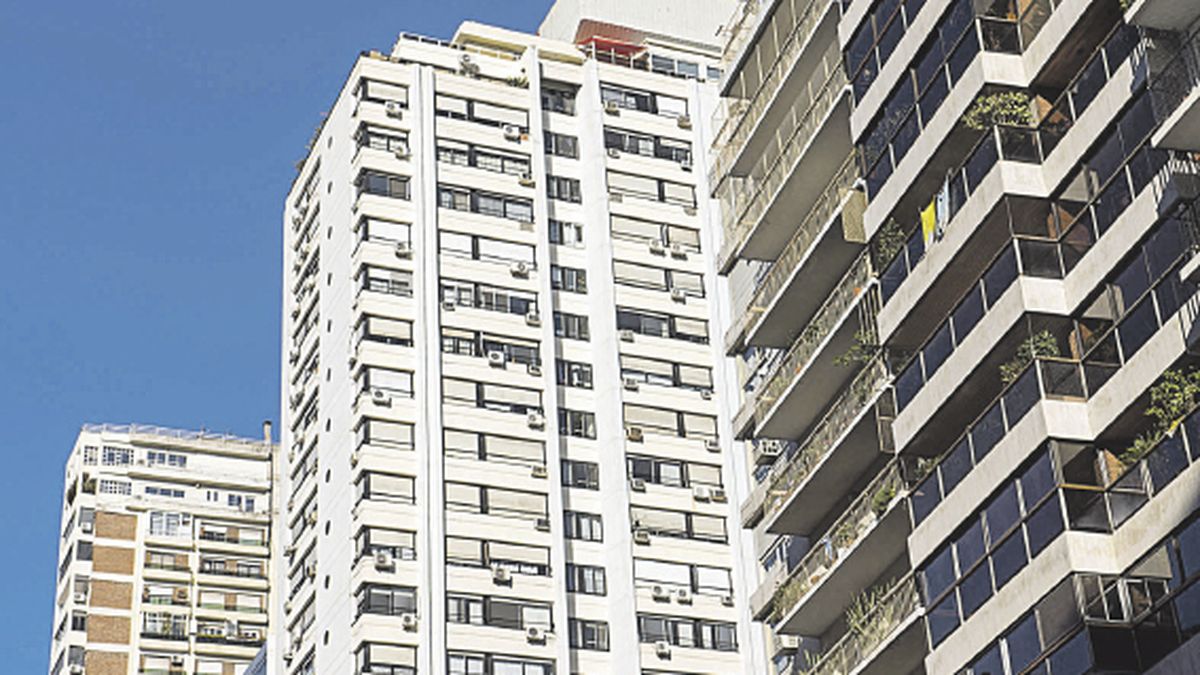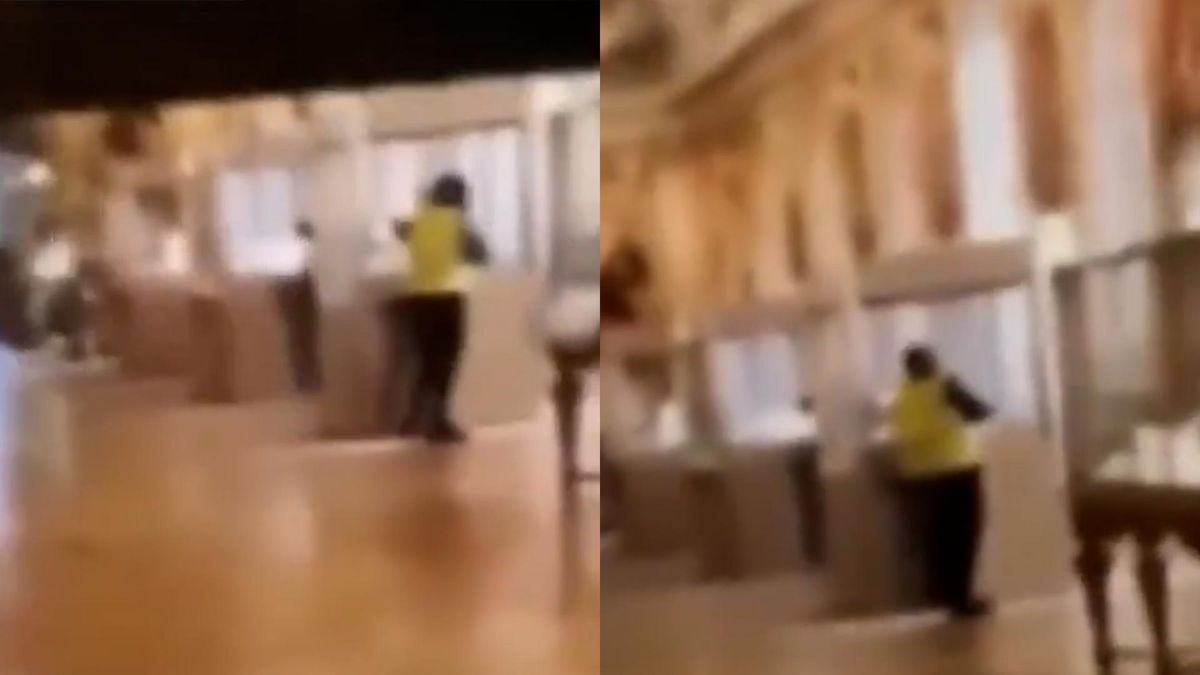With controversy and delay, the Legislature of the City of Buenos Aires Yesterday it gave half a sanction to the new urban code. Among the main changes are incentives to build in the southern area of the City and limitations on construction in low-rise neighborhoods.
Prior to the beginning of the session, the possibility of reestablishing the obligation for buildings with more than 25 apartments to have housing for a manager generated strong discussions. The provision for there to be housing for the manager had been eliminated in 2018 and was sought to be restored. Finally, that point was left aside, since according to various legislators the measure would make the costs of expenses more expensive.
The main changes of the new urban code
The new urban code promotes incentives to build in the southern area of the City. To promote its growth, developers who invest in the neighborhoods of the southern zone will have a series of benefits, such as the possibility of undertaking projects in areas with more urban density. “There is a great disparity between the north and the south. The south, which many consider unattractive, represents an aspiration for those who travel three hours to get to the City. Imagining living in Parque Patricios, Barracas or Soldati is very positive,” the Head of Government, Jorge Macri, had said at the Real Estate Expo.
Another area that is being sought to be revitalized are the neighborhoods of Constitución and Flores, which were established as “priority development area”, due to the current deterioration they are going through.
On the other hand, the strong growth of constructions in neighborhoods of low houses It is usually a point of discussion since it is related to the loss of identity of Buenos Aires. For this reason, the Low Height Sustainability Units (USAB) were reorganized, which are the typologies that regulate buildings up to 14.60 meters.
In parallel, It was proposed that high-rise buildings be built in corridors and avenues and avoided in neighborhoods with low houses.
In addition, the free centers of the block were recovered, which represent the spaces of absorbent green soil.
In parallel, The project establishes that buildings without balconies cannot be built in residential areas.
In addition, in the session, DNU No. 2/2024 of Macri was ratified, which suspended construction permits and reforms of real estate projects in the City for 180 consecutive days or “until the sanction of a Law to Modify the Urban Code.”
Finally, the preservation as green space of four lots located in the Colegiales Railway Park was approved, an area that revitalized the area.
A second code approval remains
The urban code was approved last night with 32 votes in favor from the official blocks of the PRO, the Civic Coalition, the UCR and Public Confidence and 6 against from Unión por la Patria. In addition, there were 18 abstentions.
In any case, there are still a series of public hearings, which are estimated to be at the end of October, for the final approval of the project that falls within the double reading regulations.
Source: Ambito




